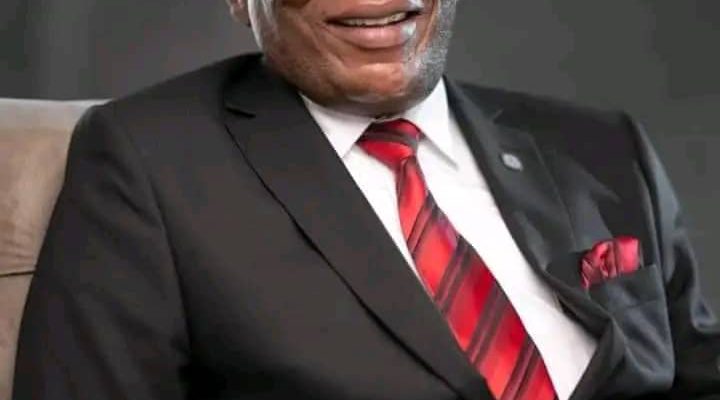
The absence of key ministers from parliamentary proceedings has sparked concern among legislators, particularly highlighted by Joseph Mwanamvekha, the Vice President for the South of the Democratic Progressive Party (DPP).
His recent remarks underscore the necessity for ministers to be physically present in the National Assembly to address important questions and issues directly.
Since the commencement of the 5th meeting of the National Assembly in this 50th session of Parliament, there has been a noticeable absence of several ministers from the parliamentary sessions.
A significant instance of this issue was observed when Minister of Agriculture, Sam Kawale, was absent from the House, delegating his responsibilities to Richard Chimwendo. This delegation has raised concerns about the effectiveness and accountability of parliamentary proceedings.
Mwanamvekha expressed his dissatisfaction by standing on a point of order, emphasizing that certain issues require the direct engagement of the respective ministers.
He argued that the physical presence of ministers is crucial for addressing complex matters, answering questions, and ensuring transparency and accountability within the government.
Mwanamvekha’s concerns highlight a broader issue of accountability and effective governance. Ministers play a critical role in responding to questions, clarifying policy matters, and providing updates on their respective portfolios. Their physical presence in Parliament is essential for robust discussions and informed decision-making.
The absence of ministers can undermine the legislative process, leading to delays in addressing important issues and reducing the quality of parliamentary oversight.
Mwanamvekha’s call for the presence of ministers aligns with the need for ensuring that government officials are fully accountable to the elected representatives and, by extension, to the public.
In light of Mwanamvekha’s concerns, the Speaker of Parliament has taken steps to address the issue. The Speaker has directed the Leader of the House to ensure that the concern regarding ministerial attendance is properly addressed.
This directive aims to reinforce the importance of ministerial participation in parliamentary sessions and to enhance the effectiveness of legislative proceedings.
Ensuring that ministers attend parliamentary sessions is vital for maintaining the integrity of the legislative process. It allows for direct questioning and engagement, which is essential for a functioning democracy.
In conclusion, Joseph Mwanamvekha’s call for ministers to be present in the House reflects a critical aspect of parliamentary governance. The physical presence of ministers is crucial for effective oversight, accountability, and transparency.
The intervention by the Speaker of Parliament underscores the importance of addressing this concern to ensure that the legislative process is carried out efficiently and that government officials are held accountable for their actions and decisions.














